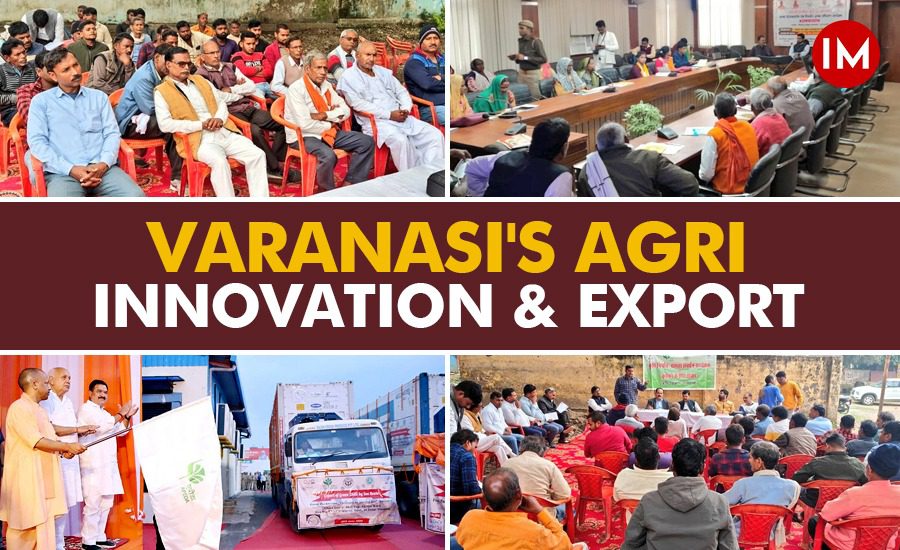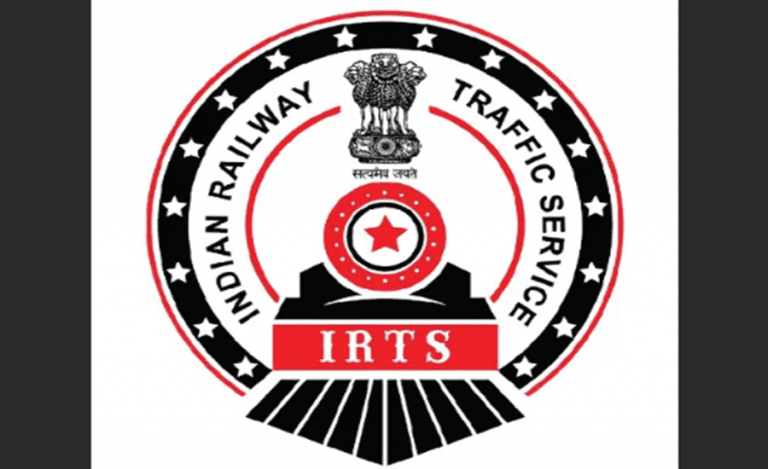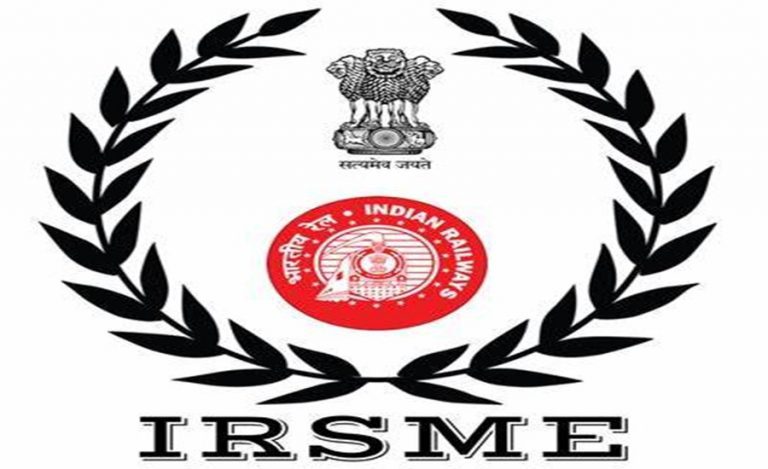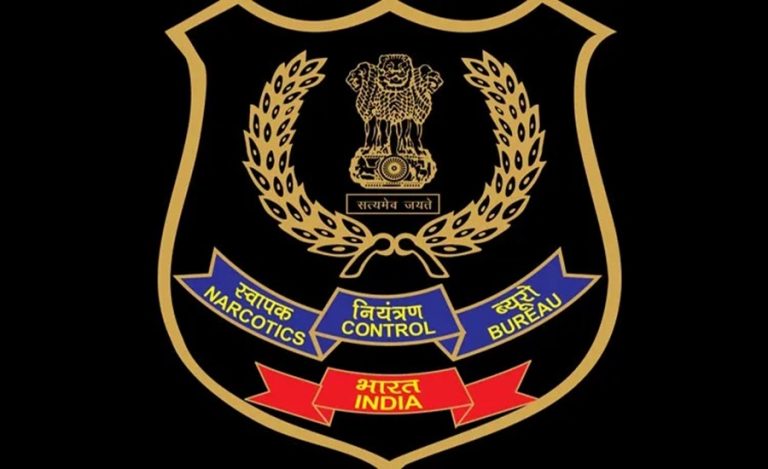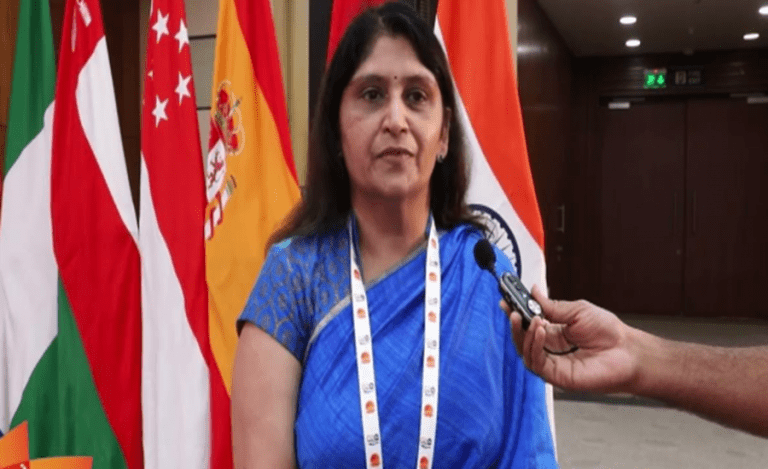Varanasi, where the Ganges flows serenely and history echoes through its ancient temples, is not only preserving its cultural legacy but is also emerging as a hub for agricultural innovation and export excellence. The focal point of this agricultural renaissance is the ‘Krishi Niryat Pathshala – a transformative initiative aimed at empowering local farmers to venture into global markets with focus on vegetable cultivation.
Spearheaded by Chief Development Officer of Varanasi, Himanshu Nagpal IAS, the city, with its robust connectivity and the presence of the Agricultural Production Export and Investment Development Authority (APEIDA), has seen a remarkable surge in agricultural exports, particularly in vegetables like chillies, peas, tomatoes, and the recent addition of the mango fruit.
ORGANIC FARMING
The journey began with the district team identifying 1100 clusters of organic farming, emphasizing the importance of organic cover in the region. With the city boasting of excellent air and online transportation connectivity, Varanasi became the ideal ground for a flourishing agricultural export venture.
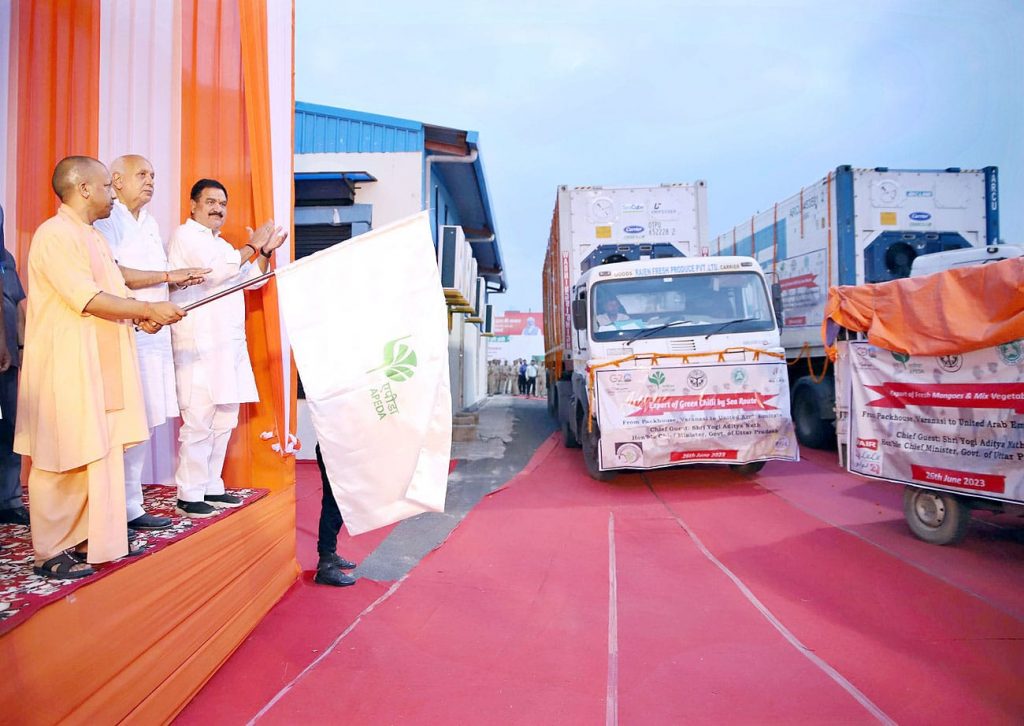
Mr. Nagpal informed Indian Masterminds that last year alone, the city recorded a significant leap in agricultural exports, reaching 512 metric tons, compared to a modest 200 metric tons in the preceding year. The momentum continues, with the current financial year witnessing a remarkable achievement of 560 metric tons by November, with a bold target set at 1000 metric tons.
ENGAGING FARMERS
The driving force behind this success lies in the meticulous approach of connecting with farmers at the grassroot level. The team, including experts from the Indian Institute of Vegetable Research, APEIDA, and local agricultural authorities, is actively engaging with farmers in their villages. “We are identifying the farmers eager to explore agricultural exports but lacking the knowledge and resources to navigate the complex procedures,” Mr. Nagpal said.
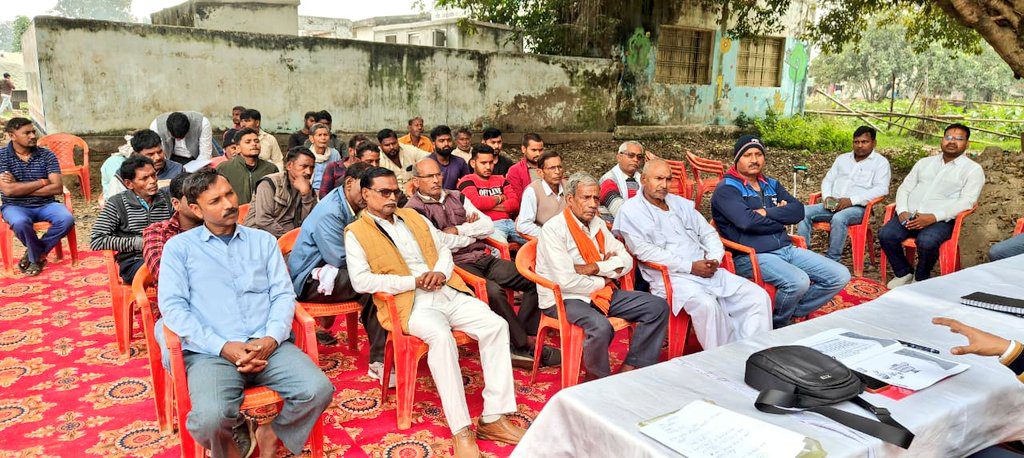
The Krishi Niryat Pathshala is a beacon of hope for these farmers. Through the unique training sessions, farmers are educated on protocols, from the type of insecticides and fertilizers required for customs clearance to the specific agricultural varieties demanded by international markets in the Gulf countries and Europe.
The pathshala goes beyond education; it serves as a bridge connecting farmers with essential resources. Farmers are registered, provided with expert guidance, linked with farmers’ producer organizations, and granted access to cold chain and pack house facilities for storing produce until export readiness.
GAME CHANGER
Mr. Nagpal further highlighted that the response to this initiative has been overwhelmingly positive, and they are aiming to take on board an additional 5000 farmers in the next one and a half months. “The impact is not just economic; it’s a game-changer for farmers who, through multi-cropping and intercropping, are witnessing a doubling of income compared to traditional crops like wheat or rice,” he informed.
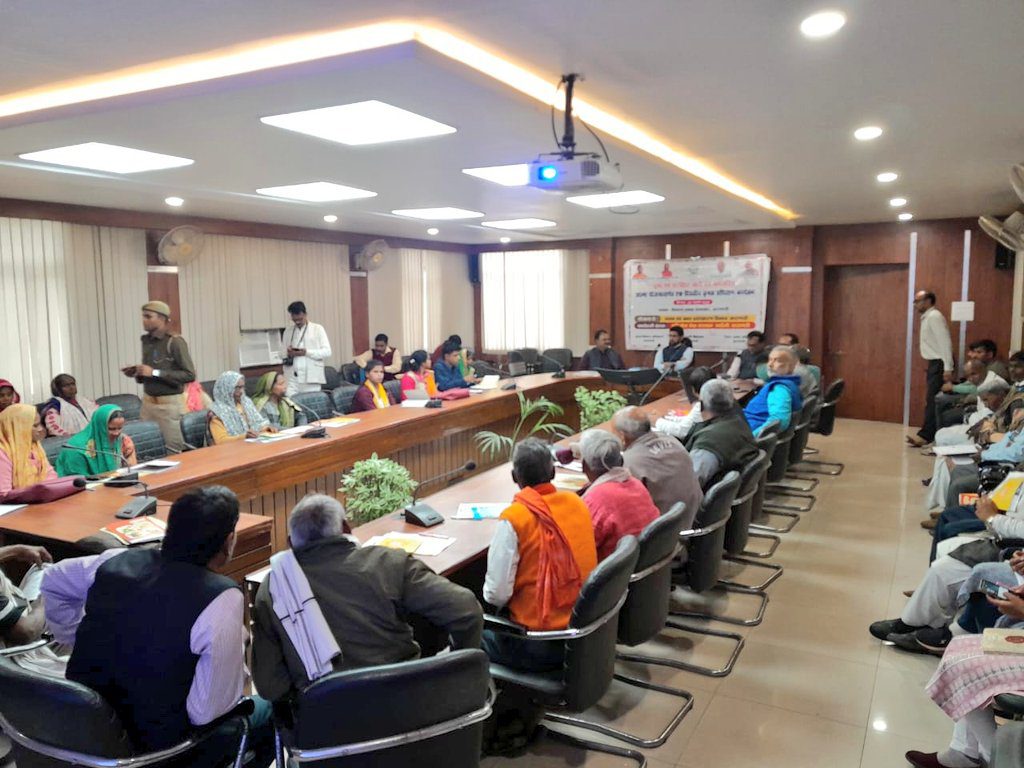
However, this transformation is not without its challenges. The team faces resource constraints in maintaining the momentum of the pathshalas, and convincing farmers to adopt new methods is an uphill task. But, the potential benefits – from boosting foreign reserves to decreasing dependency on other countries – make the journey worthwhile.
Varanasi’s Krishi Niryat Pathshala is not just a classroom; it’s a catalyst for change, propelling the city into a new era of agricultural prosperity. As the sun sets over the Ganges, seeds are being sowed on the fields of Varanasi for a brighter and more sustainable future.

